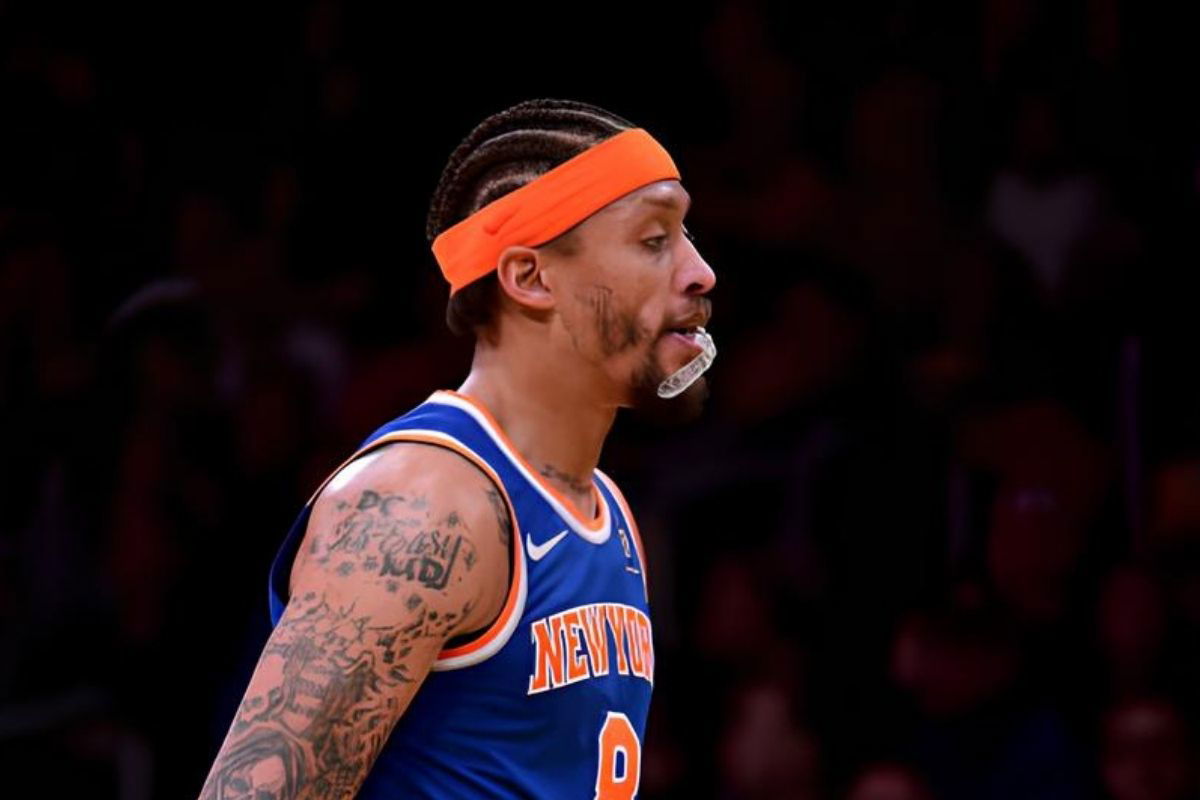
Getty
LOS ANGELES, CA – JANUARY 21: Michael Beasley #8 of the New York Knicks leaves the game with four fouls during the second quarter against the Los Angeles Lakers at Staples Center on January 21, 2018 in Los Angeles, California. (Photo by Harry How/Getty Images)

Getty
LOS ANGELES, CA – JANUARY 21: Michael Beasley #8 of the New York Knicks leaves the game with four fouls during the second quarter against the Los Angeles Lakers at Staples Center on January 21, 2018 in Los Angeles, California. (Photo by Harry How/Getty Images)
Michael Beasley lived by the play hard and party harder mantra. Over his 12-year NBA career, he earned over $33 million across stints with the Heat, Suns, Lakers, and Knicks, not counting overseas deals or endorsements. Moreover, he was also known for his flashy lifestyle. He spent lavishly on parties, designer clothes, and fast cars, often seen in LA nightlife during his Lakers days. His Instagram and public persona were among the most colorful ones. However, in recent years, another side to his personality got the spotlight.
Watch What’s Trending Now!
Ever since the Lakers’ playoff exit, whispers about Luka Doncic’s fitness have been growing. And amidst the ongoing criticism, Michael Beasley stepped up to Luka’s support. During his appearance on the Common Denominator Podcast, Beasley didn’t hold back. “I hate this narrative on Luka,” he said. “I hate this like out-of-shape narrative… everybody is saying he’s out of shape.” He called out the hypocrisy of fans who cheer “Hoorah, Hoorah” when Luka drops 50 or 60 points, but turn on him when he loses.
Apart from this, Michael Beasley just dropped one of the realest takes on the hidden cost of NBA fame. “You can tell a story of giving me a life I never had,” he said, “but then now I can tell a story of you taking the only life I know.” With raw honesty, he laid out the reality of basketball obsession. Players sacrifice everything for the game. The league moves on. ” The money is okay, that’s cool, but we’re dribbling the ball when you leave high school… you’re having kids and watching them grow up and we’re still dribbling the ball.”
ADVERTISEMENT
His words cut deep. The emphasis that no amount of money can make up for the lost time and experiences is really hard-hitting. Then comes the brutal reality check: “They take the only life we know. And then we look crazy for still dribbling the ball.” Michael Beasley argues that basketball never teaches them life skills. “We don’t know what taxes are. We don’t know what a W-2 is, we’ve never seen a f– resume, let alone know what the real world is.”
View this post on Instagram
His voice shakes with frustration at how society mocks those who struggle post-career. “Some guys figure it out, some guys don’t. And the ones that don’t, the world just laughs at.” Ending with “It’s Launte West,”. It was a likely reference to late rapper Lil Wayne’s oft-misunderstood genius. Michael Beasley tied it all together. This isn’t just about money, but about how the game consumes people. No sugarcoating, just the unfiltered truth about what hoops really takes from you.
ADVERTISEMENT
From millions to mission: Michael Beasley’s wake-up call for the next generation
Michael Beasley’s NBA journey was full of highs and lows. From being the #2 overall pick at just 20 years old to stepping away from the league by 30. But these days, he’s speaking openly about a different kind of struggle. The most serious one, financial survival. After earning over $33 million in career salary, his net worth has dwindled to $10 million. It’s a stark reminder of how quickly wealth can disappear if not managed properly.
ADVERTISEMENT
Michael Beasley isn’t just sharing his story for sympathy. He’s sounding the alarm. “It’s OK to ask questions. It’s OK to be curious,” he told CBS Sports, reflecting on his own financial missteps. His concerns echo those of NBPA Vice President Jaylen Brown. Who recently revealed that “60 percent of players within the first 10 years are losing the majority of their wealth.” Beasley’s message is clear that the system is failing players, and it’s time for a change.
On the Common Denominator podcast with Moshe Popack, Beasley got real about his rookie mistakes. Like blowing through his $4.3 million salary after never having “seen $100 in his bank account” before the NBA. Now, he’s pushing for solutions. “What I think can be done now… I kind of want to put together a fund to save the players,” he admitted.
Top Stories
Giannis Antetokounmpo All but Confirms Warriors Trade With 6-Figure Decision: NBA Rumor
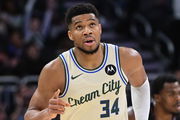
Everyone Notices Caitlin Clark’s Reaction After Reggie Miller’s Viral “Disrespect” on NBC
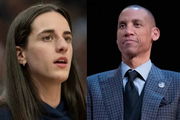
Giannis Antetokounmpo Joins Warriors in $80.28M Proposed Trade That Also Benefits Bucks, Per Insider
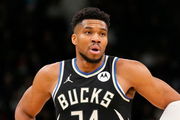
Giannis Antetokounmpo Joins Miami Heat on One Condition as Proposed Trade Package Emerges
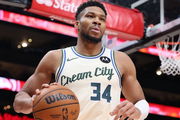
“Caitlin Will Take Care of That”: LeBron James’ Embarrassing Moment Gets No Mercy From NBC Announcers
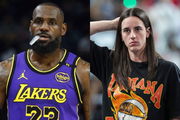
He is suggesting trust funds to curb reckless spending. His advice isn’t just for pros. Even college athletes cashing NIL checks need to hear it. Beasley’s story isn’t just a cautionary tale, it’s a wake-up call. Basically, the money might flow fast, but without the right habits, it disappears even faster. And he’s determined to make sure the next generation doesn’t repeat his mistakes.
ADVERTISEMENT
ADVERTISEMENT
ADVERTISEMENT
ADVERTISEMENT